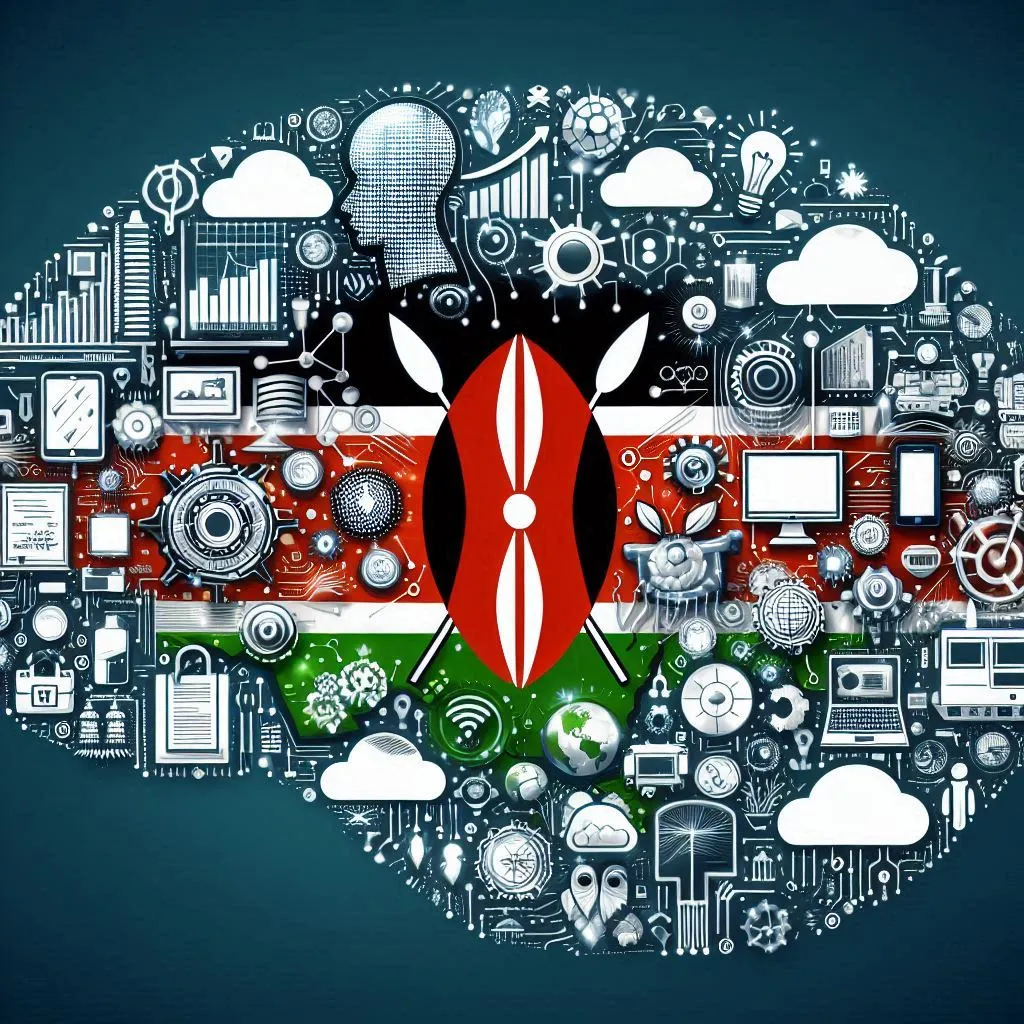E-commerce has been a game-changer for many businesses globally, but Kenyan enterprises can still tap into its full potential by leveraging strategies that are often overlooked. While everyone knows the basics of building an online store and advertising on social media, some less obvious tactics can propel businesses to new heights.
Here’s a look at some of these underutilized strategies that can help businesses in Kenya, particularly in the service and retail sectors, boost their online sales.
1. Leverage Micro-Influencers for Targeted Marketing
Social media marketing is huge in Kenya, but the focus is often on big influencers. However, micro-influencers (with 1,000 to 10,000 followers) can provide a more intimate, engaging, and cost-effective way to reach your target market. For example, a small healthcare clinic offering wellness services can partner with a local micro-influencer who speaks to a niche audience interested in health and wellness. Their recommendations often carry more trust, especially for specific demographics.
2. Use Chatbots to Improve Customer Experience
Customer service is critical for both service-based and retail businesses. Many Kenyan businesses, however, overlook the power of chatbots to engage customers. Chatbots can answer FAQs, handle simple queries, and collect leads for follow-up. In hospitality and tourism, for instance, a hotel could use a chatbot to offer personalized recommendations, streamline booking processes, and respond instantly to inquiries. This could significantly improve the customer experience, leading to higher conversions and repeat business.
3. Offer Bundled Services and Subscription Models
For businesses in the legal or healthcare sectors, bundling services or offering subscription models can significantly boost online sales. A legal firm, for instance, could bundle consultation services with ongoing legal advice on a subscription basis, where clients pay a monthly fee for a set of services. Similarly, in healthcare, clinics could offer wellness packages where patients receive monthly checkups and health tips. These packages provide convenience and value to customers, while businesses enjoy steady revenue.
4. Create a Loyalty Program to Encourage Repeat Purchases
Loyalty programs are not just for large supermarkets; they can be very effective for smaller retailers and service providers as well. A simple points system where customers earn discounts or rewards for repeat purchases can encourage ongoing engagement. Retail stores selling organic products, for example, could offer a loyalty card where customers earn points for every online purchase, redeemable for discounts or free products in the future.
5. Leverage User-Generated Content for Authentic Engagement
Many Kenyan businesses don’t take full advantage of user-generated content (UGC). This strategy allows your customers to become advocates for your brand by sharing photos, reviews, or testimonials. For a hospitality business, getting customers to post pictures of their stay at your hotel or safari experience and tagging your business can create authentic engagement, driving more organic traffic to your website.
6. Optimize for Mobile-First Commerce
With a large portion of Kenya’s population accessing the internet via mobile devices, businesses must ensure that their online stores are fully optimized for mobile. Slow, unresponsive sites result in lost sales. For retail businesses, especially those selling fast-moving consumer goods (FMCGs) or fashion items, ensuring a seamless mobile shopping experience, including easy payment options like M-Pesa integration, is essential.
7. Implement Local SEO for Greater Visibility
Local SEO is another underutilized tool for businesses. Optimizing your website and social media profiles for local search results can significantly increase visibility, particularly for service-based businesses like legal firms, medical clinics, and hotels. Ensuring your Google My Business profile is up-to-date with location, business hours, and relevant services can help more local customers find you.
8. Leverage Data for Personalized Marketing
Personalized marketing is one of the most effective ways to increase online sales, yet many Kenyan businesses underuse it. Analyzing customer behavior and preferences can allow businesses to send tailored offers, reminders, or product recommendations. A clothing retailer, for example, could use data to recommend items based on a customer’s past purchases, while a legal firm could send personalized updates about new legal services or packages.
Conclusion
Kenyan businesses, particularly those in the service and retail sectors, can significantly grow their online sales by adopting these underutilized strategies. From engaging micro-influencers to optimizing for mobile and offering subscription models, these tactics can help your business stand out in a crowded market.


